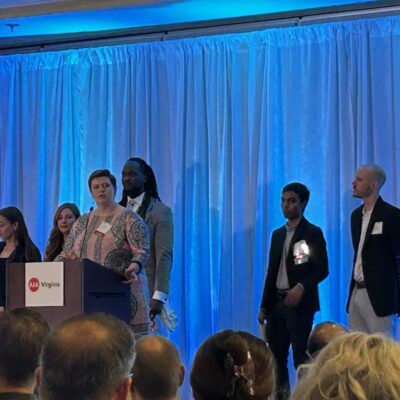Handling Water Stagnancy in Buildings Closed Due to COVID-19

COVID-19 has prompted citizens across the country to practice physical distancing and follow stay-at-home orders to slow the spread of the virus. As a result, buildings of all kinds, from college dorms and office spaces to recreational facilities and restaurants are now closed for daily use. While this is the proper precaution to take in these uncertain times, unused facilities can cause unanticipated problems.
“Business owners and building managers had to act quickly to shut their facilities down in the interest of public safety, so many didn’t have the time to properly adjust their systems for low-occupancy use,” explained Tyler Morris, Wiley|Wilson Energy & MEP Project Manager. “Unused water can become stagnant in a matter of days, which can lead to a host of issues. Owners and facility managers should be ready to address those problems before bringing buildings back online. If you have a risk management plan for your building water systems, you should refer to that or ASHRAE Standard 188 for guidance.”
In this blog post, Pat Guccione, Vice President, Business Development with Chem-Aqua Inc., explains the different problems that water stagnation in buildings can cause, including pathogen growth. He offers several recommendations to help reduce the risk, including:
• Keep the HVAC systems operating if possible to maintain temperature and control humidity
• Drain the cooling tower, chillers, heat exchangers, and piping if they are not required for HVAC operation
• Implement specific treatments if the cooling tower is required to address low-load conditions
• Flush hot and cold water fixtures at least weekly
The full post has other recommendations and suggestions that may prove useful in these challenging circumstances.
“We have years of Water Resource planning experience and expertise and are available to help during this situation, whether it’s answering system-specific questions or providing general support,” Tyler added.
Additionally, Pat Guccione is available to share additional information about this issue via conference call for interested participants. These recommendations can help firms navigate this unprecedented situation and answer specific questions you may have. If you have interest in participating in a session, please contact a member of our team (Mark Atkinson or Tyler Morris) and we will arrange a virtual meeting.






